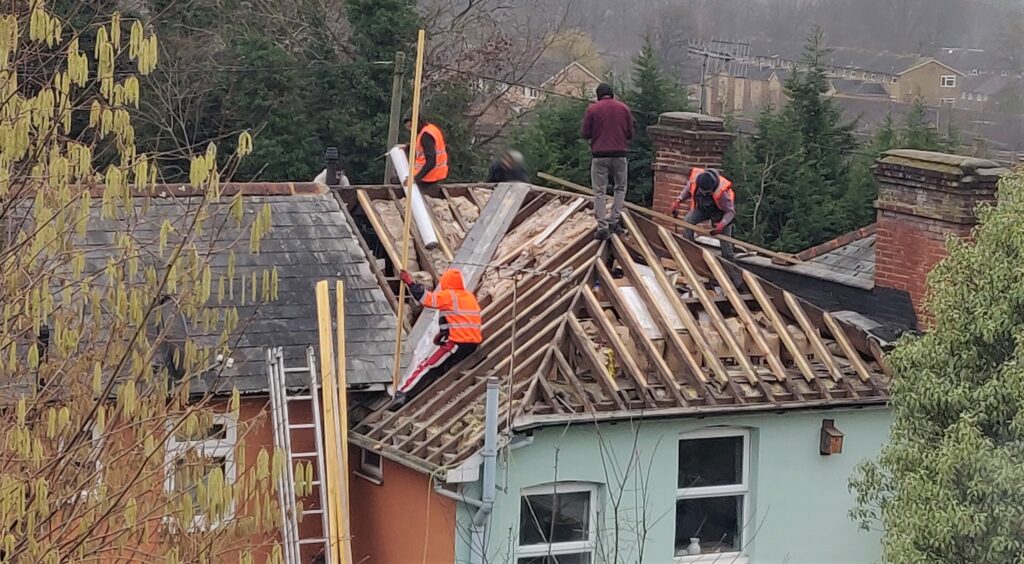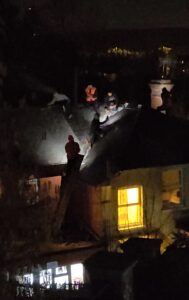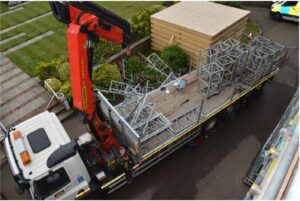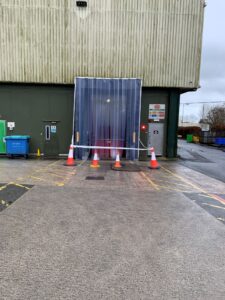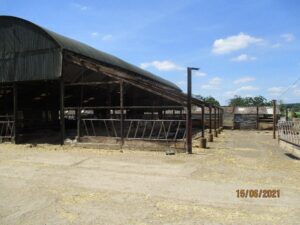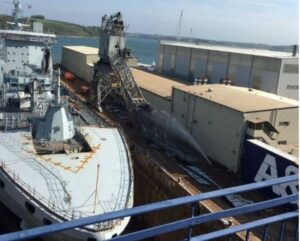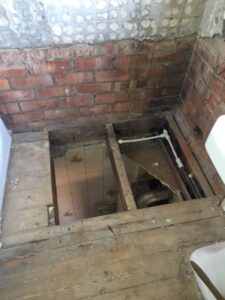Drinks giant fined after worker sustains serious burns
An international drinks manufacturer has been fined half a million pounds after an employee sustained burns to over 30% of his body.
The mechanical engineer had been repairing a defective pump at Diageo’s Glenlossie Distillery Complex in Elgin on 24 March 2021 when he was burned by pot ale.
The liquid, which had a temperature of 104 degrees Celsius, came out suddenly and unexpectedly from a pipe.
The worker sustained burns to his arms, hands, shoulders, back, chest, lower legs and ankles, before spending two weeks in intensive care where he was placed in an induced coma.
A Health and Safety Executive (HSE) investigation found Diageo failed to do all that was reasonably practicable to ensure maintenance operations could be carried out without a worker being put at risk of injury.
HSE guidance on the safe isolation of plant and equipment is freely available and provides steps to prevent the release of substances that are hazardous including hot, flammable and toxic substances. The guidance can be found at The safe isolation of plant and equipment – HSG253

Diageo Scotland Limited, of Lochside Place, Edinburgh, pleaded guilty to breaching Sections 2(1), 2(2)(a), 2(2)(c), 33(1)(a) and 33(1)(c) of the Health and Safety at Work etc. Act 1974. The company was fined £500,000 at Inverness Sheriff Court on 16 December 2024.
HSE inspector Isabelle Martin said: “This incident could so easily have been avoided by ensuring that procedures were in place to ensure that changes to work equipment installed in the plant were safe. However, more importantly Diageo should have had procedures in place to ensure that plant could be isolated safely and prevent the release of hazardous and dangerous substances.
“Companies should be aware that HSE will not hesitate to take appropriate enforcement action against those that fall below the required standards.”
Further information:
- The Health and Safety Executive (HSE) is Britain’s national regulator for workplace health and safety. We are dedicated to protecting people and places, and helping everyone lead safer and healthier lives.
- More information about the legislation referred to in this case is available.
- Further details on the latest HSE news releases is available.
- HSE does not pass sentences, set guidelines or collect any fines imposed. Relevant sentencing guidelines must be followed unless the court is satisfied that it would be contrary to the interests of justice to do so. The sentencing guidelines for health and safety offences in England and Wales can be found here and for those in Scotland here.
